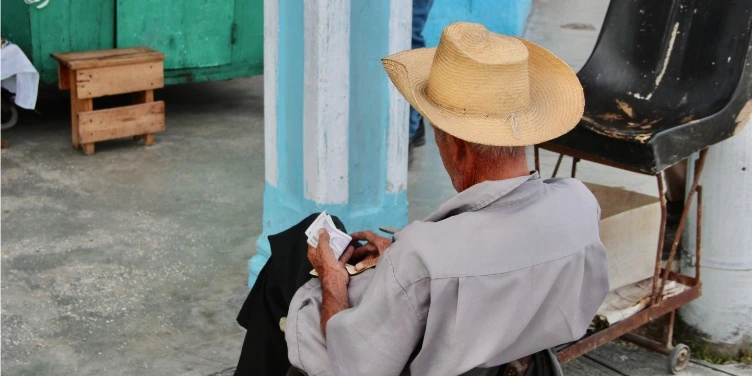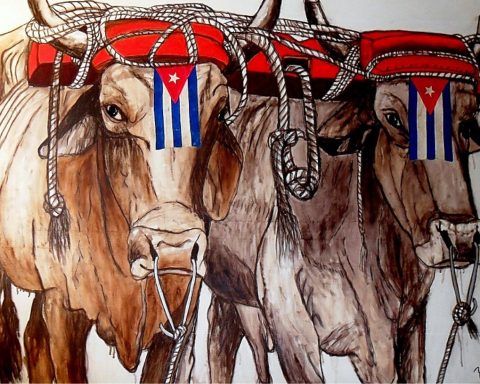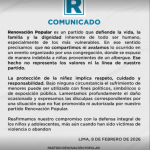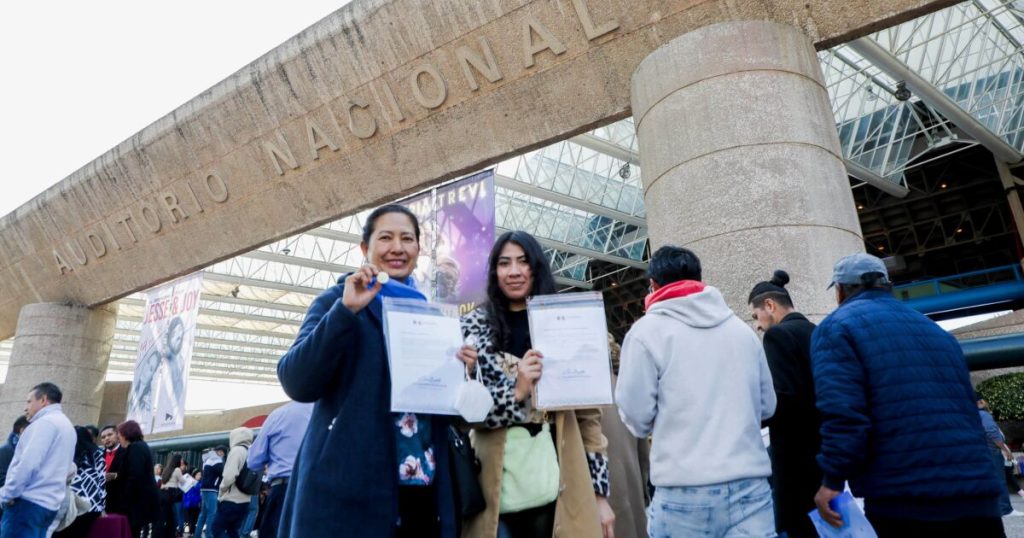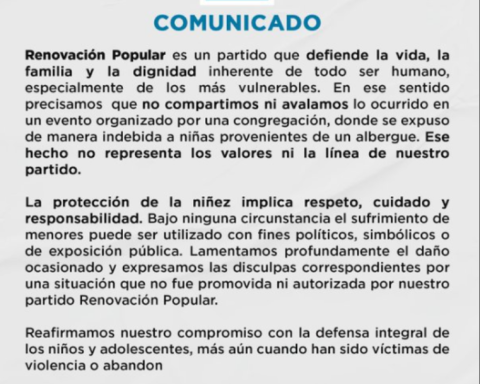HAVANA, Cuba.- Faced with the tradition of writing a journalistic work in the final days of a year To summarize what happened in this and make some predictions or express wishes for what is about to begin, this columnist has preferred to wait a few hours and do it already in 2025.
But in the independent Cuban press there were prominent colleagues who adjusted to normal practice. I wish to briefly quote and comment on what was written by three of them who, in my modest opinion, stand out for their value. This is the case of the engineer Dagoberto Valdes in Coexistencea newspaper editorial 14yMedio and an article by Luis Cino in these same pages from CubaNet.
The first in time is that of Don Dagoberto. True to his custom, the colleague from Pinar del Río published his article Cuba 2024: Annus horribilis the last Monday of that year, which was the 30th. I think that, at least for a Spanish speaker, it is not necessary to translate Latin, which is perfectly understood. As colleague Valdés says, “Cuba has experienced the worst year in its known history.”
The prominent Catholic layman characterizes 2024 with a lapidary descriptive phrase: “Unmeasurable catastrophe.” He describes attempts to lower it in some way as “a true offense to the dignity of the Cuban people.” And in a clear allusion to the Castro-communist accusations about the “intensified blockade,” he specifies: “It is even worse to attribute a false, indirect or foreign cause to this limitless calamity.”
And after referring to “the cause” and “the dimension” of the “anthropological, economic and social disaster” that Cuba is suffering, he states: “Hide it is pathetic. Justifying it is a moral crime. Acknowledging it is simple honesty. Change is a civic duty. Delaying change is perverse.”
For its part, the editorial of the first newspaper produced on the Island, in its title, describes the essence of the period that has just concluded: 2024, the year of darkness in Cuba. The text clarifies that this name has been used “not only because of the constant blackouts and the three total outages of the national energy system, but also because not a single ray of hope has shone.”
The text highlights the contrast between the people’s discourse (which recognizes the “collapse”) and the official euphemisms (which allude to “a ‘complex’ scenario”); the contrast of the starving faces of ordinary citizens with the plump representatives of Power; the divorce between “the plummet of the rationed market” and the demagogic and mendacious statements of the mayimbeswho claimed that “no one would be left helpless.”
If I object, I would only dare to be dissatisfied with the opening sentence of the editorial: “2024 has been the most difficult year that Cubans have experienced in this century.” It’s not that the approach is false, but that it seems too limited to me. Dagobert’s allusion (“the worst year in its known history”) seems better to me.
If you want to avoid having to go back to the times of the War of Independence (and the inevitable comparisons, which are totally fair, between Valeriano Weyler and the current leaders of “Continuity”), could have referred to “the 20th and 21st centuries” or to the emergence of Cuba as an internationally recognized State. Since 1902 to date, our country had not fallen into furies of misery, hunger and despair like those in which it exists today.
In the three journalistic works, possible definitive solutions are advanced for the current 2025. Cino, more scrupulous, asks in the title of his article: Will this be the last year of the regime? With great honesty, it goes back… to 1991! The prominent author notes melancholy: “Many of us expected that 1991 would be the last year of the Castro regime”…
Despite that imprecision (unfortunately unsuccessful), Luis confirms that now, a third of a century later!, “the premonition that this year will be the last of the dictatorship prevails again, as in December 1991.” . 14yMedio He is more cautious: “The Cuban dictatorship will enter 2025 very weakened.” And he concludes: “This year that is ending, the Castro regime has lost a good part of the little popular support it had left and will limp into January.”
The most optimistic of all is, by a wide margin, Engineer Valdés, with whom I agree. He wonders if 2025 will deserve to be classified as a annus mirabilis (an expression that can be translated as “year of the miracle” or “prodigious year”). In his favor he puts forward an attractive argument: “It goes against all reason that something that is getting worse by the minute is not destined to change”…
These approaches have been accompanied, this New Year’s Eve, by a very instructive scoop. The “journalistic blow” was dealt to the regime by colleague Nora Gámez in the pages of the Miami newspaper The New Herald. The essence of the same information, due to the great interest it offers, can be read here in CubaNetwhich immediately glossed and condensed the very important news.
One of the specific data unearthed by Nora fully characterizes the anti-popular essence of the Castro-communist regime and its generalship: the Gaviota company, which runs the hotels of the military octopus GAESA, has in its bank accounts, alone, more than 4.3 billion dollars. This represents almost 13 times the $339 that, according to the manipulative Castro-communist propaganda, would be enough to supply all the pharmacies on the Island for a year.
The author emphasizes: “Even though Cubans have been dying due to shortages of medicines and supplies in hospitals, the government says it does not have the money to buy them due to US sanctions.” And the millions hoarded by the Business Administration Group, a public limited company (GAESA)! That is not talked about…
I clarify that this new scandal involving the mayimbes Castro-communists does not represent news to any well-informed Cuban. But the great merit of The New Herald and colleague Gámez is that all of these claims are supported by secret financial records obtained by the Miami newspaper. And having done so three weeks before the inauguration of Donald Trump as president and Marco Rubio as secretary of State!
But what do the Castro-communists say about this new “soap opera” that is just beginning now! Until now they have given silence in response. In fact, a holder of Granmataken from a message to the people issued by the formal head of the regime, the ruler Díaz-Canel, reveals that this man has not taken notice: “Thank you for the heroism in the face of the barbarity of the economic war that is waged against us.”
But let’s stick to what has already been said! In my modest opinion, this “soap opera” has only just begun. Let’s hope that more chapters appear, and that these serve to unmask, to an even greater extent, the anti-popular and criminal essence of the Castro-communist regime and its GAESA generals.
